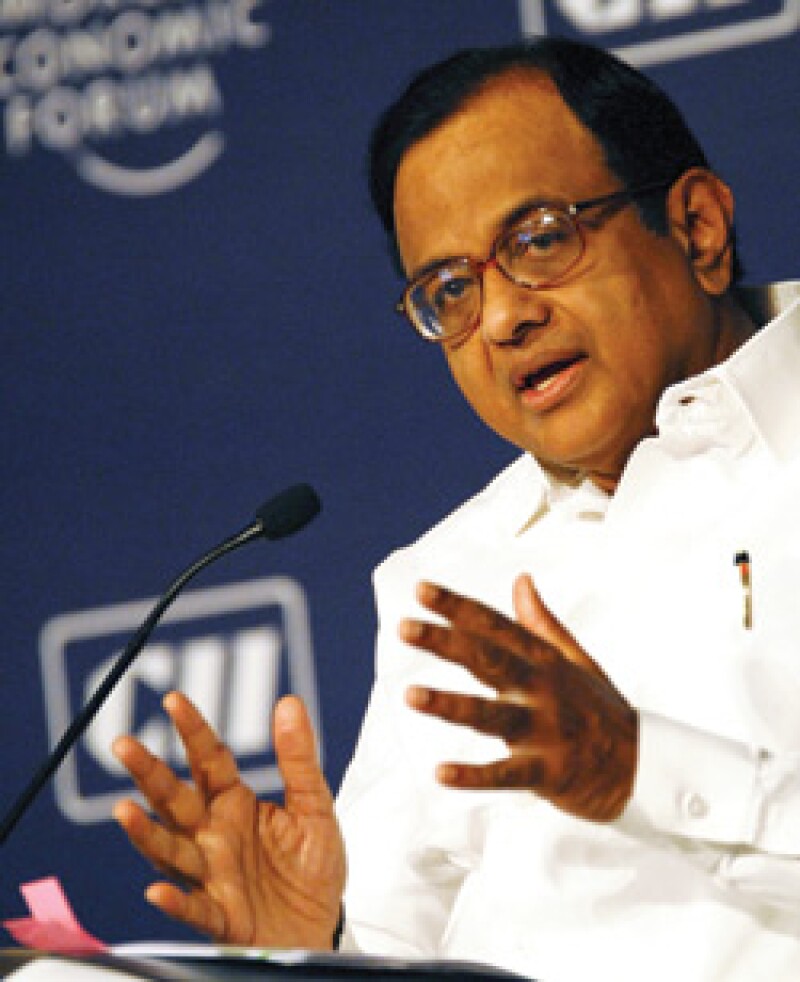
Palaniappan Chidambaram is no stranger to the role of Indian Finance Minister - he is now in his third stint and has held the position for a combined total of seven years.
In this third stint, Chidambaram has focused on improving relations between taxpayers and the authorities and here - talking to Matthew Gilleard - praises the Indian authorities for their increasingly non-adversarial approach to tax matter. He also provides an update on the Direct Taxes Code (DTC) and reveals his most important message for taxpayers for the year ahead.
International Tax Review: What do you consider to have been your biggest achievement in taxation from the past 12 months?
Palaniappan Chidambaram: I would consider the implementation of VAT in 2004-05 as the biggest achievement in taxation. At that point, VAT was the most important tax reform that had been attempted. However, I may add that the Direct Taxes Code (DTC) is ready and if we are able to pass the Bill before the expiry of the term of Parliament then that would be an even bigger achievement. In the past 12 months, specifically, I have put in long hours in finalising the DTC.
ITR: What is your top priority from a business taxation point of view at the moment?
PC: Sections of business continue to feel that there is uncertainty in taxation and tax administration. From the government’s point of view, our priority is to assure business that our policy is the following: Clarity in tax laws, a stable tax regime, a non-adversarial tax administration, a fair mechanism for dispute resolution and an independent judiciary.
By reiterating our policy and ensuring that the tax administration faithfully implements the policy, I think it is possible to reassure business.
ITR: How far do you think the tax administration and revenue authorities have come in terms of being non-adversarial?
PC: I think they are increasingly non-adversarial. Business people have told me that the Large Taxpayer Units (LTU), the Advance Pricing Agreement (APA) programme, the Dispute Resolution Mechanism (DRM) and even the transfer pricing authority are increasingly adopting a consultative and deliberative approach.
ITR: The DTC Bill came in 2010, and you said the aim was not to amend ITA 1961 but to create a new Direct Taxes Code. With many provisions contained in the DTC Bill now having been legislated or implemented, where does this leave the initial aim of the DTC?
PC: The DTC will indeed be a new code. However, the DTC will not come into force until it is passed by Parliament and brought into effect. Between now and that date, there is no reason why some of the wholesale provisions of the DTC should not be made part of the current law. Hence, we have copied some of those provisions of the DTC into the present Income Tax Act.
But, if you look at the entire DTC, you will find that there are many provisions in the DTC which are a considerable advance on the provisions of the present Income Tax Act. The aims or objectives of the DTC will not in any way be eroded by incorporating some provisions into the present Income Tax Act.
ITR: Another member of our Global Tax 50 is Parthasarathi Shome. How would you describe your relationship with Shome? You also established an agenda of weekly meetings between Shome and industry - how is this progressing and is it proving useful?
PC: I have a very good working relationship with Dr. Shome. He is a highly respected tax expert. He enjoys the confidence of taxpayers both for his erudition and his patience and kind approach to tax disputes. I requested him to hold a weekly hearing and hear the tax-related grievances of different sectors of industry and trade. The exercise was a great success. Now we are looking into his recommendations on the issues and they will be addressed either administratively or through appropriate changes in the law.
The Global Tax 50 2013 |
||
|---|---|---|
David Cameron |
Paul Collier |
|









